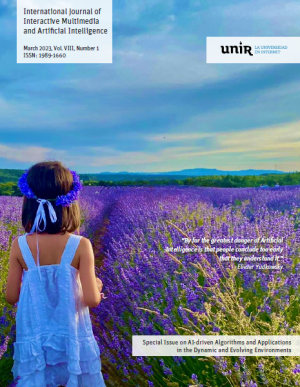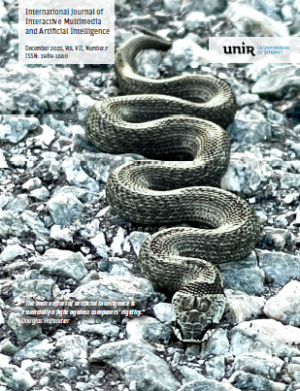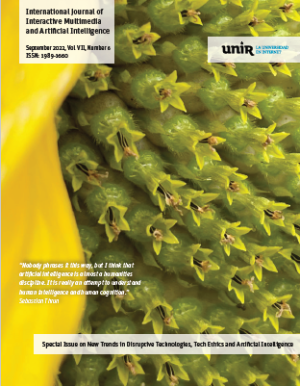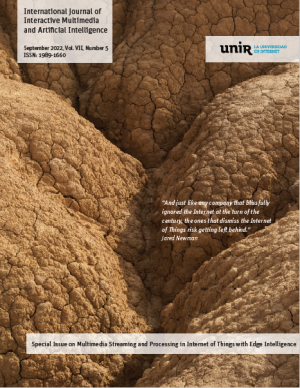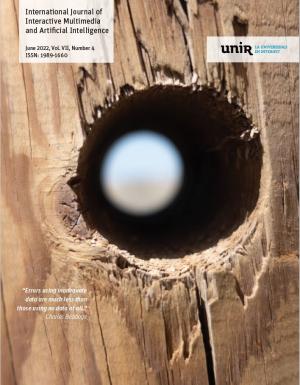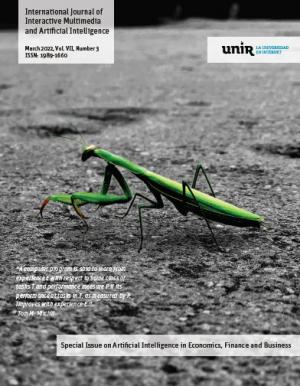IJIMAI 2023 - Special Issue on AI-driven Algorithms and Applications in the Dynamic and Evolving Environments - Vol. 8 Issue 1
- Year: 2023
- Vol: 8
- Number: 1
With the rapid development of information and communication technologies, artificial intelligence and IoTs, more and more advanced technologies, such as machine learning, reinforcement learning, neural networks and fuzzy systems, have been introduced into industrial practices. The application of advanced technologies has greatly promoted the process of industrial revolution. However, there is big gap between controlled simulation and real evolving environment, which results in the unsatisfactory performance of the typical algorithms in practical environments. For example, in
Underwater IoTs, a dynamic and uncertain marine environment can cause equipment damage, resulting in huge financial losses. Therefore, improving the robustness and adaptability of algorithms and systems, and proposing new solutions in practical applications to meet the requirements of self-developing, self-organizing, and evolving systems is essential to promote intelligent industrial applications.
This Research Topic aims to collect researches focusing on addressing the problems of evolving system modelling, clustering, classification, prediction and control in non-stationary, unpredictable environments. The scope of this topic includes: (1) Robustness of environment modeling in evolutionary system, (2) Robustness of artificial intelligence algorithms, (3) Adaptability of neural networks and systems, (4) Prediction of intelligent algorithms in dynamic environments, (5) Improvement of robustness in deep learning algorithms, (6) Interpretability of predictive models in dynamic environments, (7) Application of AI technology in Industrial Internet of Things, (8) Uncertainty in Intelligent Transportation System, (9) The dynamic environment of Underwater Internet of Things, (10) Applications and migration of intelligent algorithms.
Electronic File Download
IJIMAI20238_1.pdf24.97 MB

